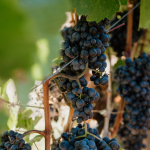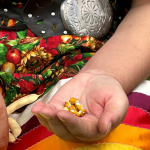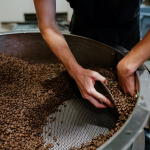Local Seeds for Local Food
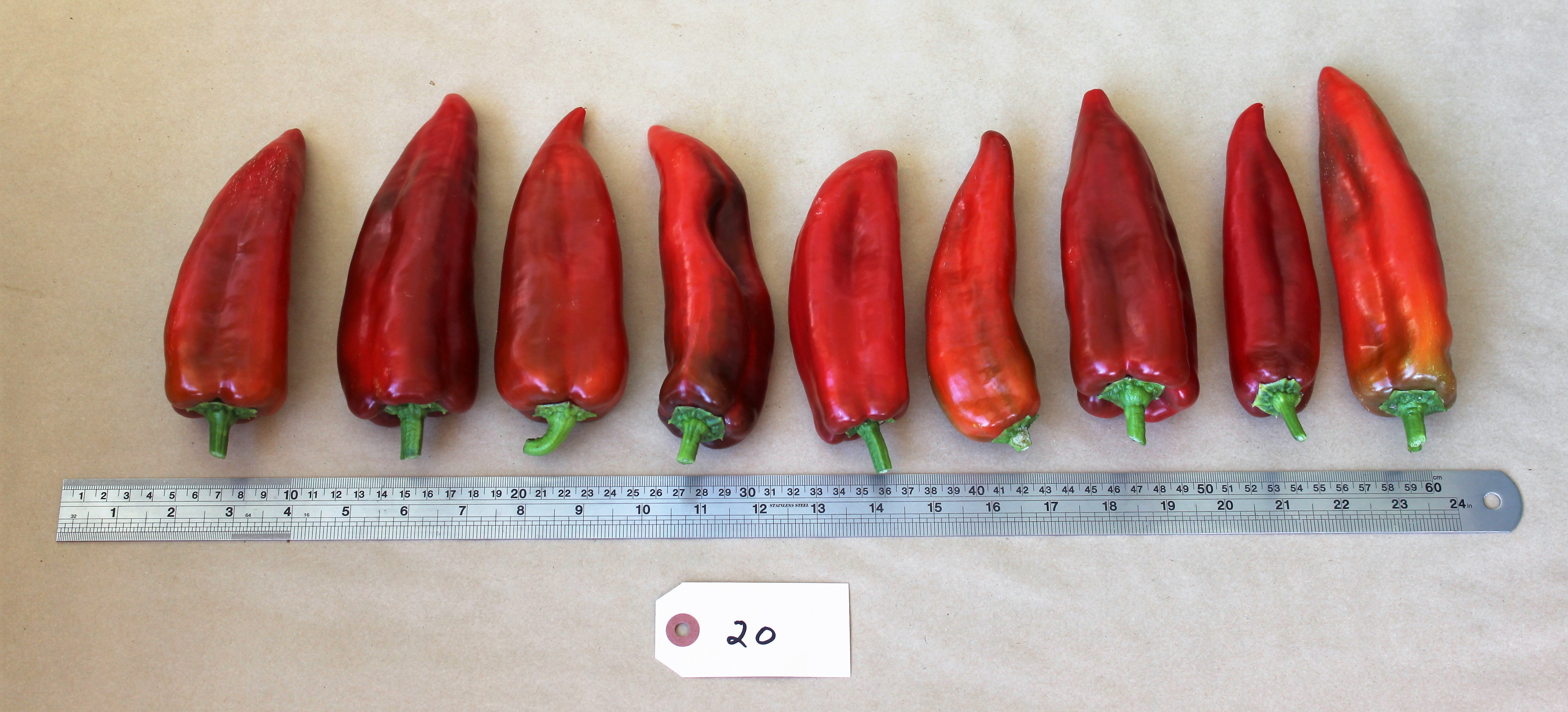
Michael Marrapese
Agriculture as we define it today has existed for roughly 12,000 years. Though the practices have been refined over millennia, modern farmers would still recognize the intent and the activity as ‘farming.’ We can find examples of plants we recognize as cereal grains, peas, barley, wheat, rice, and squash dating back 10,000 years. What makes this possible is that all these food plants produce seed.
Chris Thoreau, BC Seed Security Program Director at FarmFolk CityFolk, notes that seed is also the most efficient way to move food. “Growing seed allows you to ship food in its simplest form,” he says. “Moving lettuce seed across the border is different from moving lettuce across the border. Many of BC’s seed companies are already doing this through online sales.”
Thoreau started farming in 2001 knowing very little about seed. “My introduction to farming was the small scale organic vegetable production that is very prevalent on Southern Vancouver Island,” he says. “Which is also how I got introduced to seeds. It really was by default. There was a lot of local seed production happening in the region. We still had a good dozen seed companies in BC. Seedy Saturdays had been around for 20 years so it was a very active community.”
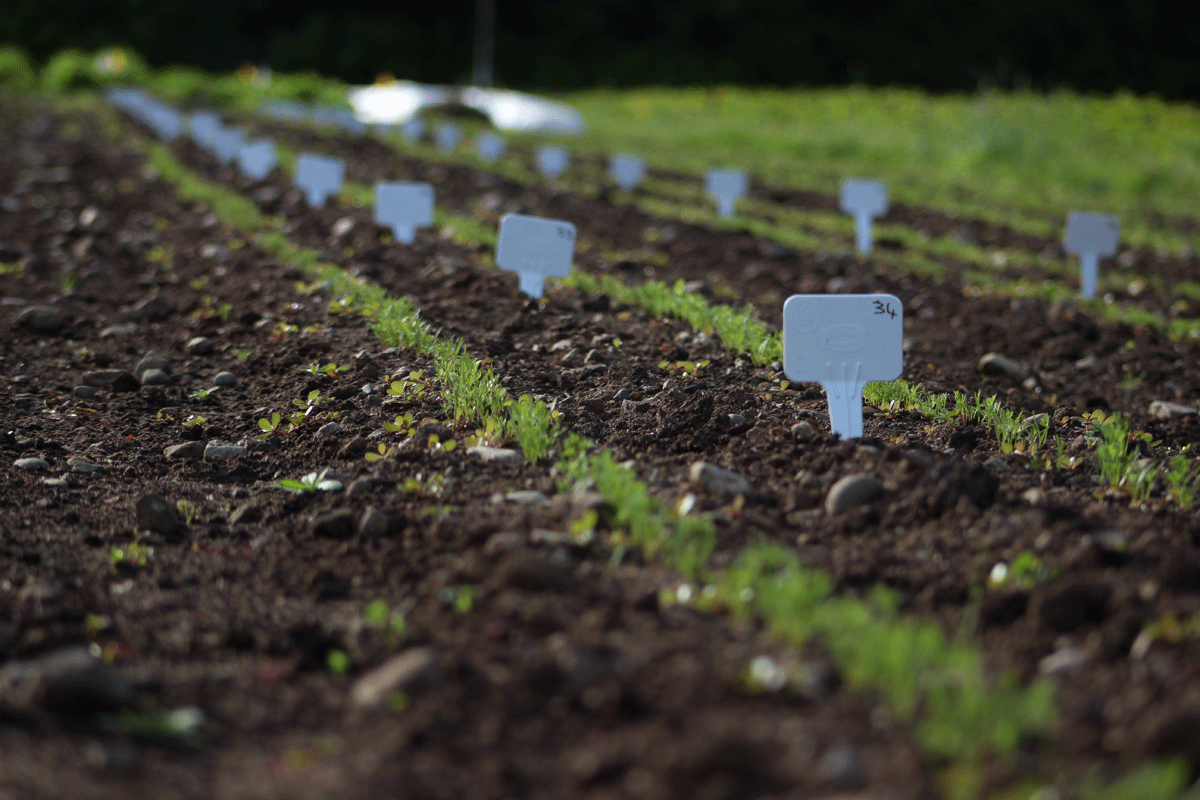
In 2006 Thoreau worked on a survey of organic growers to get a sense of what seeds they were buying and from whom. He observed that “growers sourced their seed from places you’d expect like Johnny’s and High Mowing but were also sourcing from some local seed companies like Salt Spring Seeds and Stellar Seeds.”
Thoreau returned to Vancouver to study Agroecology at UBC. Still wanting to grow food while at university, he started Food Pedalers, a microgreens operation in East Vancouver. “It was very paradoxical to be attending the agroecology program but leaving the farm to do that,” he recalls. “I thought growing microgreens was the only way to make enough money for a viable urban farming business in Vancouver. The return per square foot from micro-greens was much higher than any ground crop I could grow. We were doing about 10,000 pounds of microgreens a year. During that time we were buying seed by the pallet load. I draw a lot from my time growing microgreens to help inform my seed work now.”
Thoreau joined FarmFolk CityFolk in 2015 to coordinate the Bauta Family Initiative on Canadian Seed Security (BFICSS). He’s extended his interest in seed production and education, coordinating seed workshops, public events and seed trials throughout BC. The BFICSS project is focusing on locally adapted organic seed to meet the needs of organic farmers. Thoreau notes that “seed optimized for organic production must be bred and produced in organic systems.”
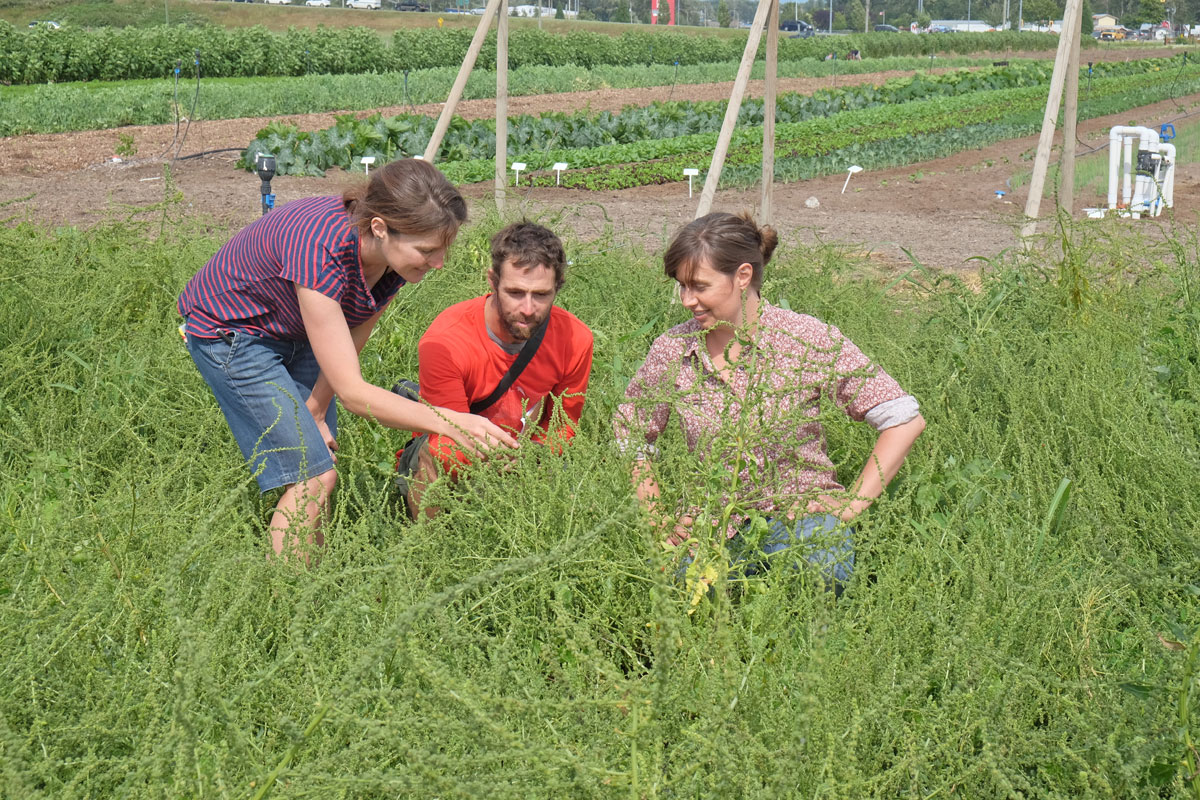
Today, a vast array of seeds are owned, patented, and marketed by a few large corporations. With less than two percent of our population actively farming, our connection to seed and its critical role in our lives is increasingly tenuous. Thoreau points out that seed can play many roles. “Seed production can be a profession or a community building activity or even a therapeutic activity. All are quite different. Small-scale seed growers in BC have great community reach, a pretty good diversity of seeds, but what they don’t have is bulk seeds to sell to farmers.” When he first started farming most of the local seed companies were just doing packet sales. Packets were fine if a farmer was interested in trying a new variety. If they wanted to do a couple of thousand row feet of something, no BC seed grower could accommodate that. “And that is still very much the case today,” he notes.
With a predominately corporate controlled seed system, there are many issues that undermine our food security. Chief among them are irregular seed availability and degraded biodiversity. A century ago farmers may have grown as many as 80,000 different plant species. As more seed is controlled by a few large corporations, the bulk of our food comes from only about 150 different crops. Corporate ownership, patenting, and gene licensing limit the genetic diversity available to farmers. Any biologist will tell you that this is a perilous enterprise.
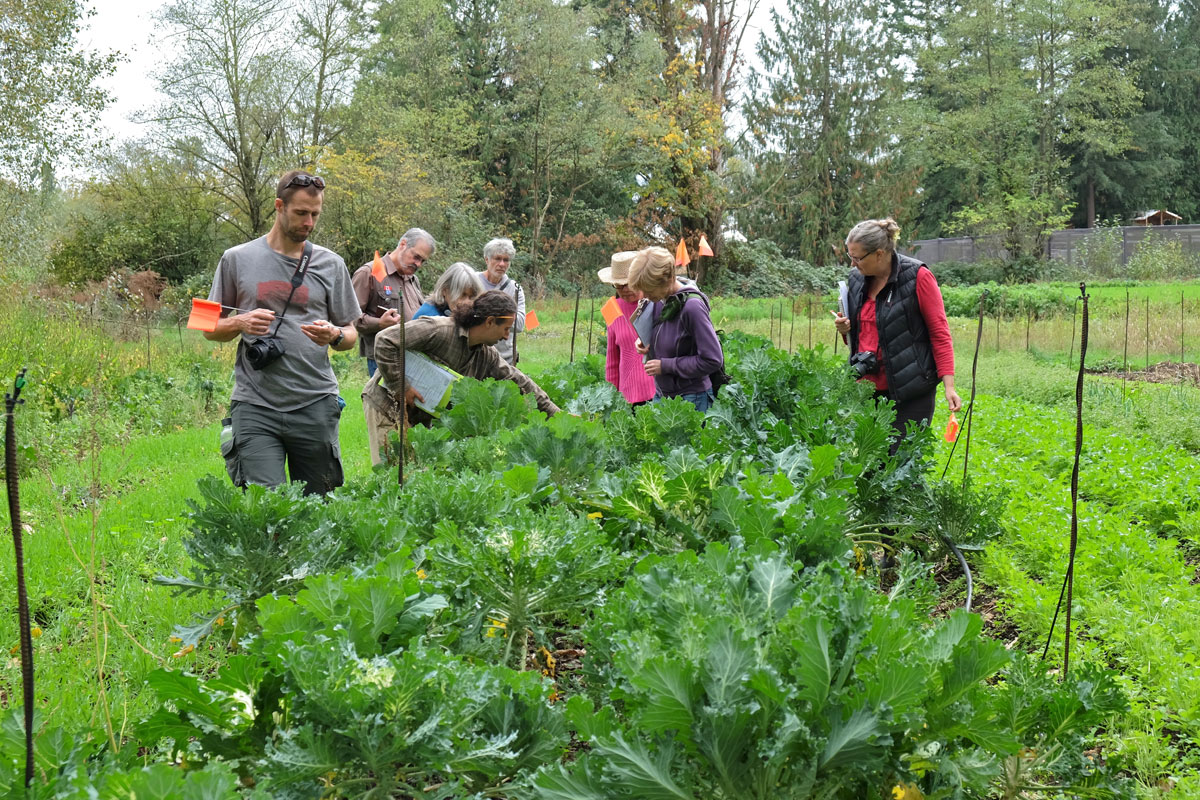
Chris Thoreau and Shauna MacKinnon from FarmFolk CityFolk, and Alex Lyon from UBC, inspect a golden beet seed crop at Local Harvest Market in Chilliwack (2016). Credit: Michael Marrapese
Farmers are often at the mercy of big seed producers who may be growing for large commercial markets. Specific varieties regularly disappear from catalogues. “That’s one of the reasons people start growing seed themselves,” Thoreau observes. “If they want to have a particular seed that works well in their environment and their operation, the only reliable way to do that is to grow it themselves. A big benefit to this is that evolving a seed crop on your farm year after year, you are going to come up with a new variety uniquely suited to your environment.”
One of the goals of the BFICSS program is to get more BC farmers growing and saving seed, to scale up production in the region, not only for themselves but to share, trade, and sell to other farmers. This process will ensure the genetic diversity and adaptability of seed in our region.
But there are political issues that hinder a regional and more diverse seed economy. Not all seed is available or appropriate to grow for sale. Hybrid seeds do not breed true; the next generation of plants will have a lot of off-types. Many seeds have plant variety protections on them which means farmers can’t grow and market them. Thoreau notes that this actually encourages seed breeding. “In fairness, if I spend ten years developing and growing ‘Chris’s Super Sweet Carrot’ and I start selling it, I do need to recoup the cost of breeding that seed.” Genetically modified (GM) seeds are generally licensed; farmers never actually own that seed so they can’t use it for seed saving. Most BC seed growers are growing heirloom varieties or rare varieties that aren’t protected by intellectual property laws.
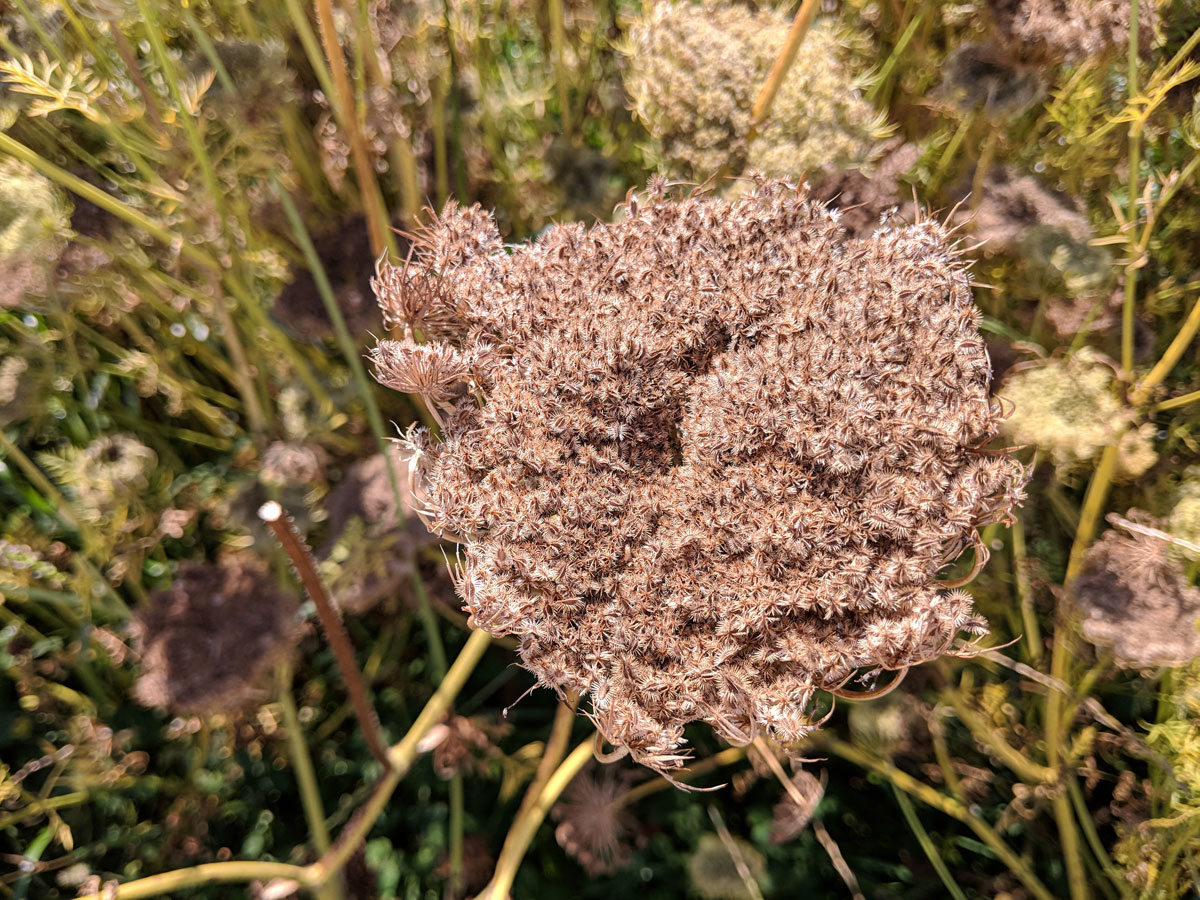
Thoreau believes there are enormous possibilities for more seed production in BC. Oregon and Washington State are major global seed producers for crops like beets, carrots, spinach, and a lot of the brassicas. Southwestern British Columbia has similar climate conditions so he sees potential for some of that sector to be developed here. He also believes there is an enormous opportunity to produce more organic seed.
Growing trays of microgreens taught Thoreau the most important lesson about seed. Doing a hundred crop cycles a year, he began to notice differences in how temperature, watering, and daylight hours affected the plants. However, he notes that the biggest determining factor is seed quality. He’s convinced that “you cannot override the poor quality of the seed with good growing practices.”
bcseeds.org
Michael Marrapese is the IT and Communications Manager at FarmFolk CityFolk. He lives and works at Fraser Common Farm Cooperative, one of BC’s longest running cooperative farms, and is an avid photographer, singer and cook.
Feature image: Karma Peppers. Credit: Chris Thoreau


